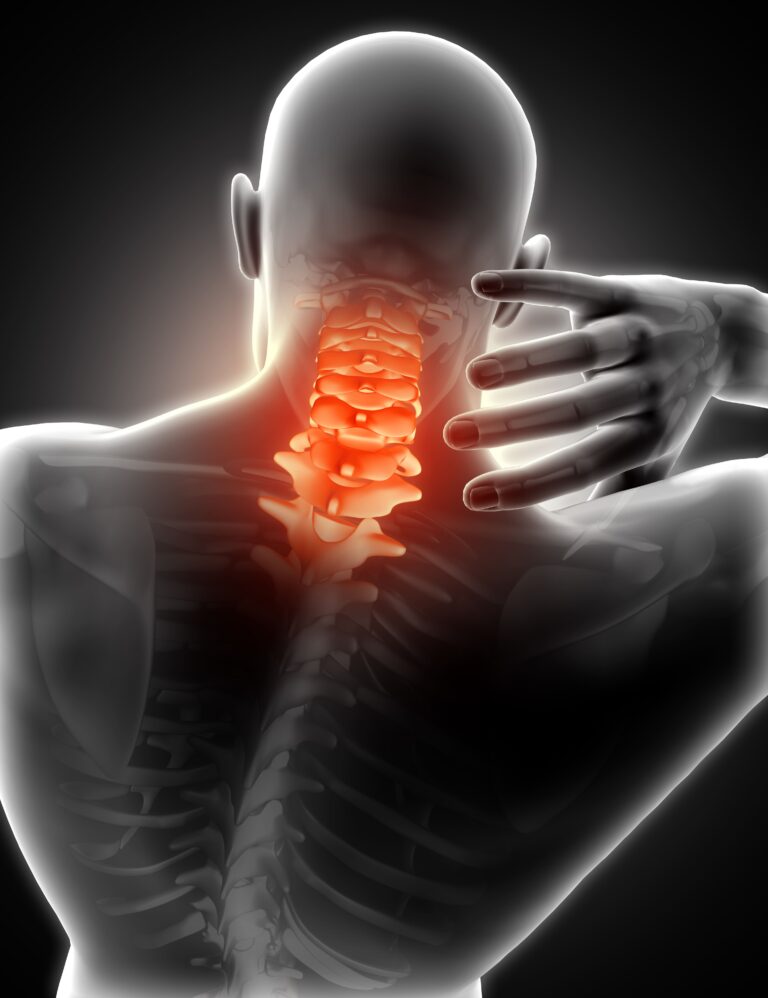Neck pain is one of the most common musculoskeletal complaints, affecting millions of adults every year. While some cases may require surgery, many individuals find significant relief through non-surgical neck pain treatments.
If you’re exploring ways to reduce neck pain without going under the knife, this article offers a complete breakdown of your best options—ranging from physical therapy to injections and complementary therapies.
Why Consider Non-Surgical Treatments First?
For most people, non-surgical approaches are the first and most effective line of defense against neck pain. These treatments are low-risk, cost-effective, and allow you to recover without the downtime associated with surgery.
In many cases, non-surgical neck pain treatments are all that’s needed to manage both acute and chronic pain. But if pain persists or worsens, your doctor may suggest other interventions.
If you’re wondering, “do non-surgical treatments work for chronic pain?”—the answer is often yes, especially when they are personalized to the root cause of your condition.
Physical Therapy for Neck Pain Relief
Physical therapy is one of the most recommended non-surgical methods to treat neck pain. It focuses on improving posture, strengthening the muscles around your neck and shoulders, and enhancing flexibility.
Your therapist may design a custom program involving:
- Stretching to release tension
- Strength exercises to improve stability
- Posture training to prevent recurrence
Regular sessions can lead to long-term relief by correcting the root cause rather than just treating symptoms.
Spinal Injections and Nerve Blocks
For moderate to severe neck pain, spinal injections can offer powerful short-term relief. These include:
- Corticosteroid injections to reduce inflammation
- Nerve blocks that temporarily “turn off” pain signals
These are often used when physical therapy alone isn’t enough. While results vary, many patients experience weeks or months of pain relief, allowing them to resume daily activities more comfortably.

Medication and Pain Management Therapies
When used responsibly and under medical supervision, medications can help manage inflammation and pain. Options include:
- NSAIDs like ibuprofen
- Muscle relaxants for tension-related pain
- Antidepressants that help with nerve-related discomfort
Pain management doctors may also use pain therapies such as electrical stimulation or ultrasound therapy as part of a broader treatment plan.
Complementary and Alternative Therapies
Some patients benefit from therapies that fall outside traditional medicine. These include:
- Acupuncture
- Chiropractic care
- Massage therapy
- TENS (transcutaneous electrical nerve stimulation)
While evidence is still growing, many people find these options helpful when paired with conventional treatments. They can reduce muscle tension, improve circulation, and promote relaxation—key factors in pain relief.

Choosing the Right Treatment for Your Needs
There is no one-size-fits-all solution for neck pain. The best non-surgical treatment for you depends on:
- The source and severity of your pain
- Your activity level and age
- Underlying conditions like arthritis or disc problems
A pain management specialist, like those at Advanced Spine and Pain (ASAP), can help you develop a personalized plan. Combining therapies often delivers the most effective results.
When to Reconsider Surgery
While non-surgical treatments are effective for many, some conditions may eventually require surgery—especially if you’re experiencing:
- Numbness or tingling in your arms or hands
- Progressive weakness
- Signs of nerve damage or spinal cord compression
In such cases, it’s important to consult with a specialist who can guide you through your options.

Final Thoughts
Non-surgical treatments offer a powerful, proven approach to managing neck pain. Whether you’re struggling with muscle strain, inflammation, or nerve issues, therapies like physical therapy, spinal injections, and complementary care can help you get back to doing what you love—without surgery.
Always consult a qualified pain specialist before starting any new treatment, and remember: the goal is not just to feel better, but to heal smarter.



